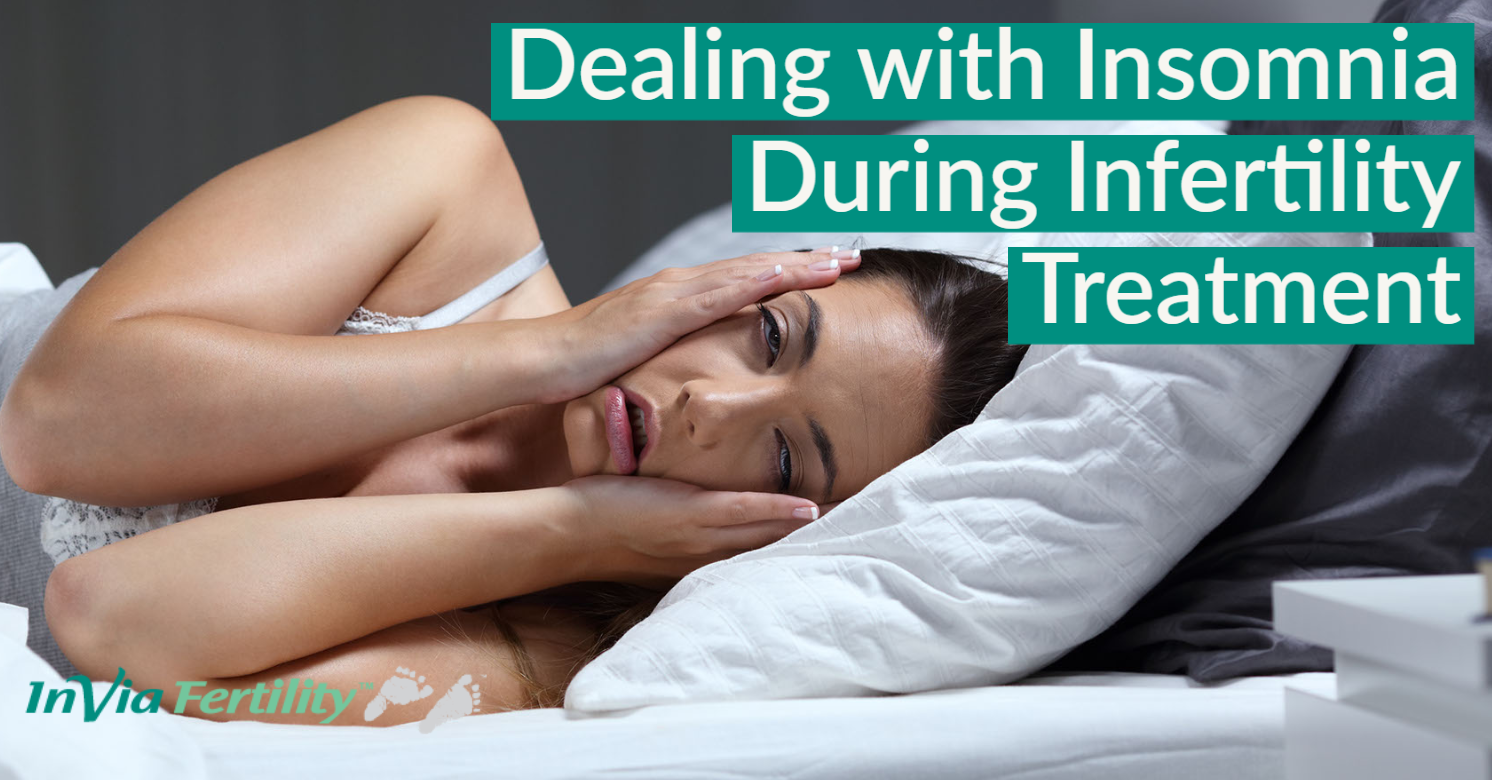
Having trouble sleeping? 1 in 3 people do, according to the CDC. For women who are trying to conceive, chronic sleeplessness can interfere with hormone balance, affecting ovulation and menstruation.
Dr Robert Barbieri wrote an excellent editorial on this topic in a recent issue of Contemporary Ob/Gyn. I have summarized his article and modified it so that it is relevant for women trying to get pregnant.
Falling asleep is one of life’s treasured pleasures: a peaceful and restful night’s sleep from which you awake in the morning refreshed and ready for a new day.
It is also one of life’s feared miseries: feeling tired but being unable to fall asleep, or waking in the middle of the night and lying there sleepless for hours. A poor night’s sleep can effect our quality of life, both at home and at work.
Insomnia can present as:
Here are some useful, proven recommendations to increase the likelihood of a good night’s sleep.
Keep your bedroom cool. Studies have shown that, at night, the higher the bedroom temperature (and, thus, the higher core body temperature) the greater the likelihood of a sleep disorder.
Avoid naps. Never nap in the evening and try to avoid afternoon napping. Afternoon and evening naps break up the body’s natural sleep rhythms, making it difficult for the sleep center to switch central nervous system function to the sleep mode.
Exercise daily. Do so for at least 20 minutes and try to complete your exercise routine more than 4 hours before bedtime.
Stick to a regular sleep–wake schedule. Sleep 7 to 8 hours a night, and then get out of bed.
Keep your bedroom dark and quiet.
Avoid caffeine after lunch and avoid alcohol late in the evening and at night. Caffeine is a stimulant that can reduce the effectiveness of the sleep center.
Stop smoking. Avoid nicotine substitutes, too.
Limit fluids before bedtime. A common cause of nighttime awakening is the urge to urinate; reducing the frequency of awakening to urinate can help to ensure a continuous night’s sleep.
Drugs that can help
Eszopiclone (Lunesta)
This is FDA-approved for treating both sleep-onset and sleep-maintenance insomnia. A typical starting dosage is 2 mg at night, increased to 3 mg as needed. It can interact with other medications and shouldbe prescribed by a physician. It has a longer half-life (5 – 7 hours) than zolpidem (Ambien, 1.5 – 2.4 h) or zaleplon (Sonata, 1 h). It can therefore maintain sleep throughout the night. An extended version of zolpidem (Ambien CR) is also available. The most common side effects of eszopiclone are a persistent metallic taste, somnolence, headache, dizziness, and unpleasant dreams. Eszopiclone (as well as extended-release zolpidem) is approved for long-term use. Eszopiclone has a different mechanism of action (GABA receptor agonist) and is not considered addictive.
Eszopiclone, not only helps with sleep but with the improvement of quality of life, it improves depressive symptoms.

Entire Website © 2003 - 2020
Karande and Associates d/b/a InVia
Fertility Specialists
